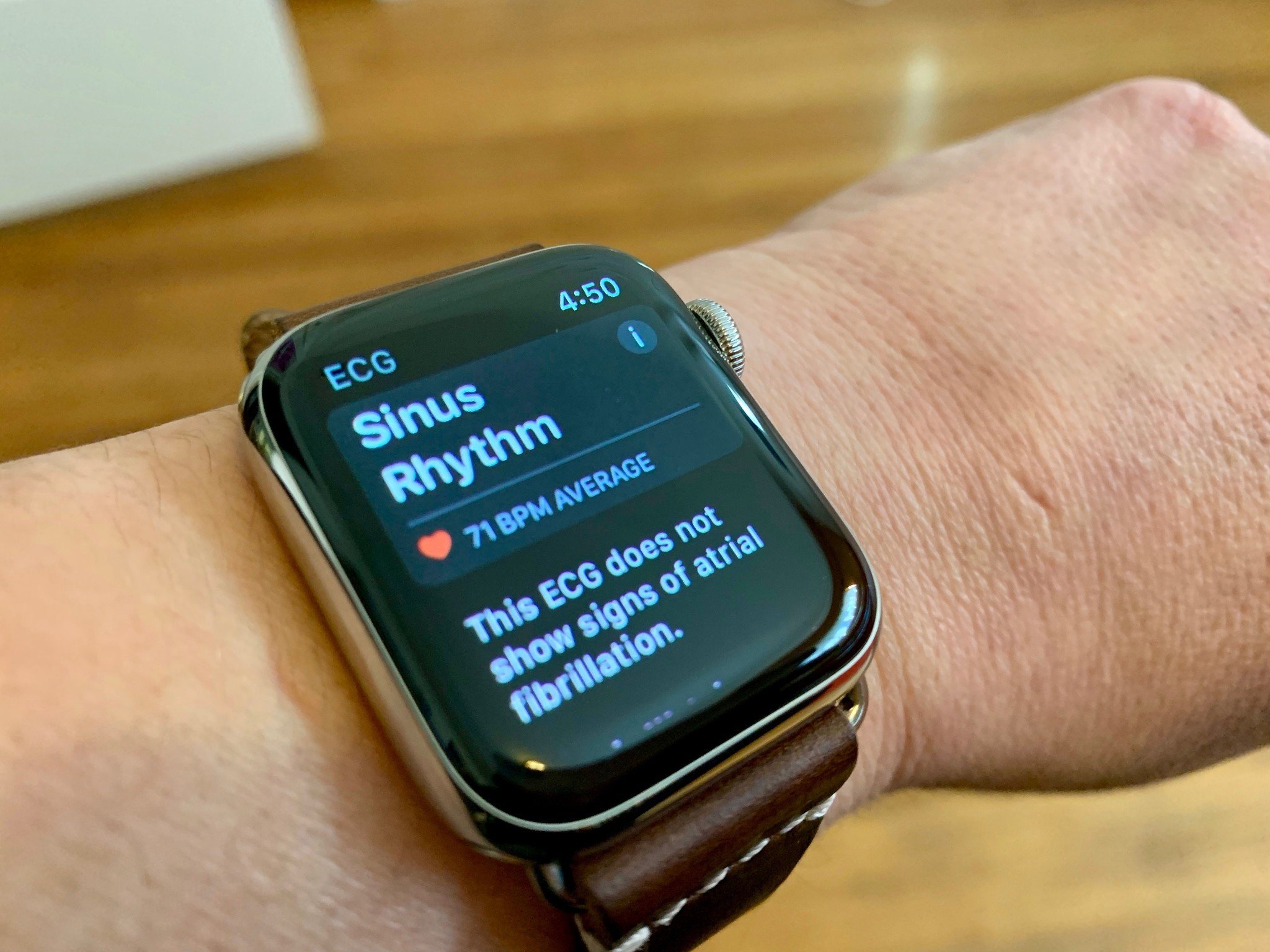Apple Watch Fall Detection might eventually be able to send health data to 911

What you need to know
- New patent information shows work on an expanded Fall Detection feature.
- It would allow Apple Watch to send health data to 911 operatives.
- The extra data could help first responders save lives.
Apple Watch could be set to get an expanded Fall Detection feature, according to patent information spotted by Patently Apple.. The feature has already saved lives on numerous occasions and according to the report there's scope for improvement – by providing additional health data to emergency services.
A previous patent had made the case for giving emergency responses more information, possibly including ECG traces and more. But a new continuation patent includes more information on how that might be done. Namely, more sensors could be added to Apple Watch to give it more information on a wearer's situation.
Patent Claim #21: A system comprising: one or more processors; one or more sensors; and one or more non-transitory computer readable media storing instructions that, when executed by the one or more processors, cause the one or more processors to perform operations comprising: receiving motion data obtained by the one or more sensors over a time period, wherein the one or more sensors are worn by a user; determining an impact experienced by the user based on the motion data, the impact occurring during a time interval of the time period; determining, based on the motion data, motion characteristics of the user prior to the time interval, during the time interval, and after the time interval determining that the user has fallen based on the impact and the motion characteristics of the user; and responsive to determining that the user has fallen, generating a notification indicating that the user has fallen.
While Apple doesn't explicitly say why the new sensors are being added, coupled with the previous patent it stands to reason that Apple intends to give first responders a head start. The more information they have before arriving at the scene of a fall, the better. ECG data is just the start, but it's possible blood oxygen data and other information could also be shared, too.
The number of times Fall Detection has helped out to great effect are numerous. Like this time a biker was hit by a car and the time a mother had a seizure. Any way lifesaving features can improve is good news for us all.
iMore offers spot-on advice and guidance from our team of experts, with decades of Apple device experience to lean on. Learn more with iMore!

Oliver Haslam has written about Apple and the wider technology business for more than a decade with bylines on How-To Geek, PC Mag, iDownloadBlog, and many more. He has also been published in print for Macworld, including cover stories. At iMore, Oliver is involved in daily news coverage and, not being short of opinions, has been known to 'explain' those thoughts in more detail, too.
Having grown up using PCs and spending far too much money on graphics card and flashy RAM, Oliver switched to the Mac with a G5 iMac and hasn't looked back. Since then he's seen the growth of the smartphone world, backed by iPhone, and new product categories come and go. Current expertise includes iOS, macOS, streaming services, and pretty much anything that has a battery or plugs into a wall. Oliver also covers mobile gaming for iMore, with Apple Arcade a particular focus. He's been gaming since the Atari 2600 days and still struggles to comprehend the fact he can play console quality titles on his pocket computer.
